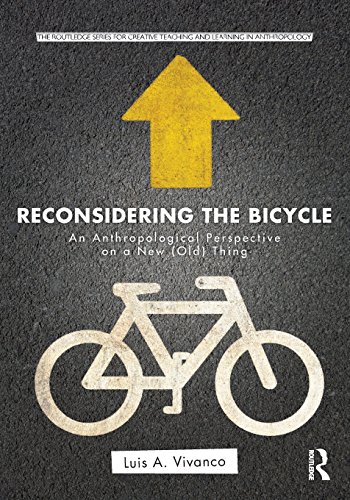

Most ebook files are in PDF format, so you can easily read them using various software such as Foxit Reader or directly on the Google Chrome browser.
Some ebook files are released by publishers in other formats such as .awz, .mobi, .epub, .fb2, etc. You may need to install specific software to read these formats on mobile/PC, such as Calibre.
Please read the tutorial at this link: https://ebookbell.com/faq
We offer FREE conversion to the popular formats you request; however, this may take some time. Therefore, right after payment, please email us, and we will try to provide the service as quickly as possible.
For some exceptional file formats or broken links (if any), please refrain from opening any disputes. Instead, email us first, and we will try to assist within a maximum of 6 hours.
EbookBell Team

4.0
16 reviewsIn cities throughout the world, bicycles have gained a high profile in recent years, with politicians and activists promoting initiatives like bike lanes, bikeways, bike share programs, and other social programs to get more people on bicycles. Bicycles in the city are, some would say, the wave of the future for car-choked, financially-strapped, obese, and sustainability-sensitive urban areas.
This book explores how and why people are reconsidering the bicycle, no longer thinking of it simply as a toy or exercise machine, but as a potential solution to a number of contemporary problems. It focuses in particular on what reconsidering the bicycle might mean for everyday practices and politics of urban mobility, a concept that refers to the intertwined physical, technological, social, and experiential dimensions of human movement.
This book is for Introductory Anthropology, Cultural Anthropology, Cultural Sociology, Environmental Anthropology, and all undergraduate courses on the environment and on sustainability throughout the social sciences.